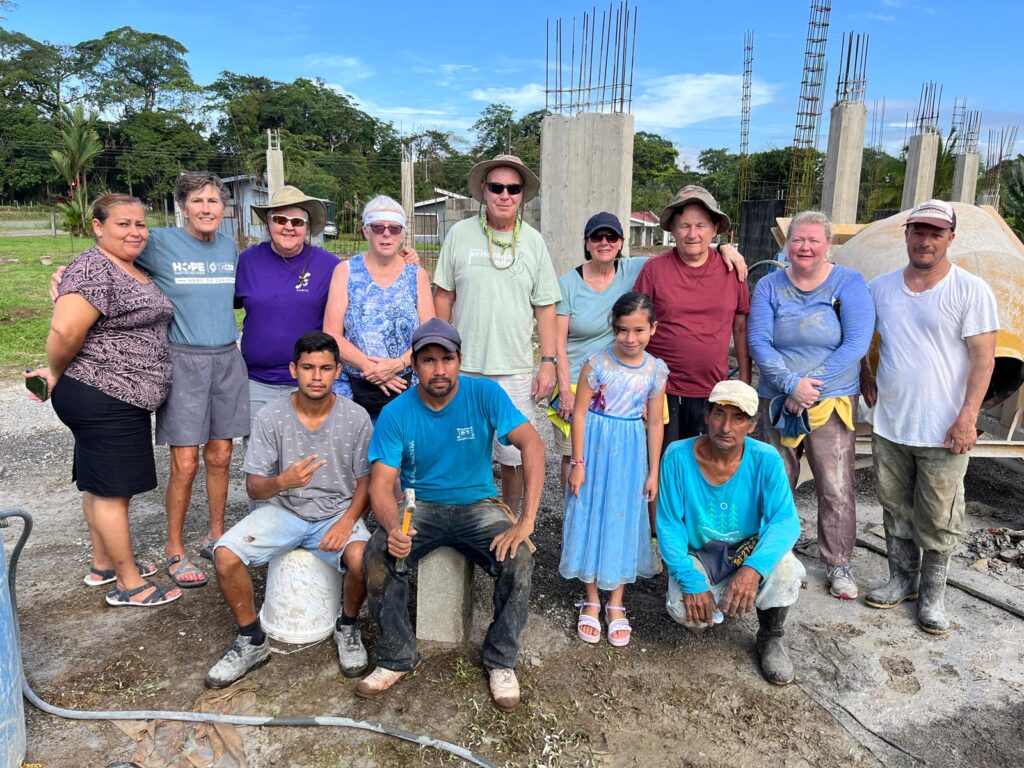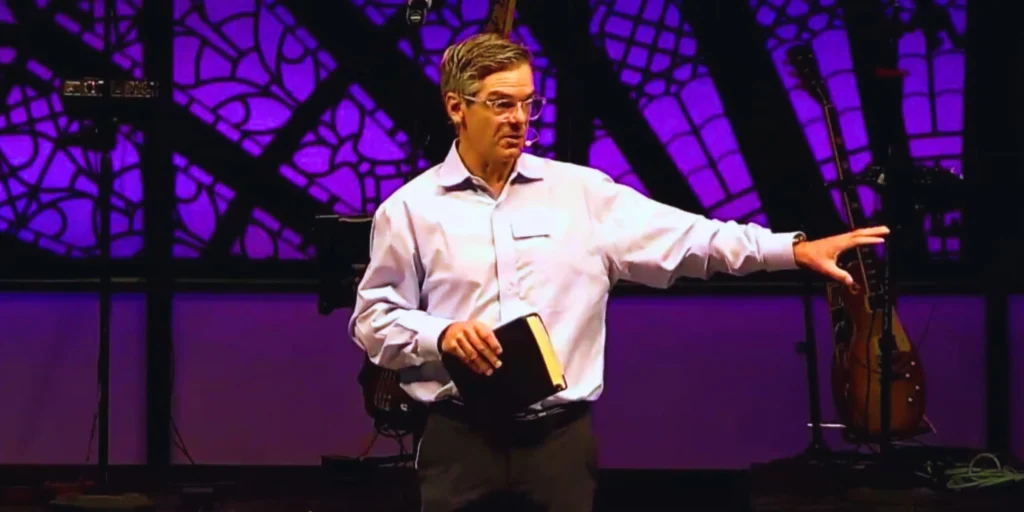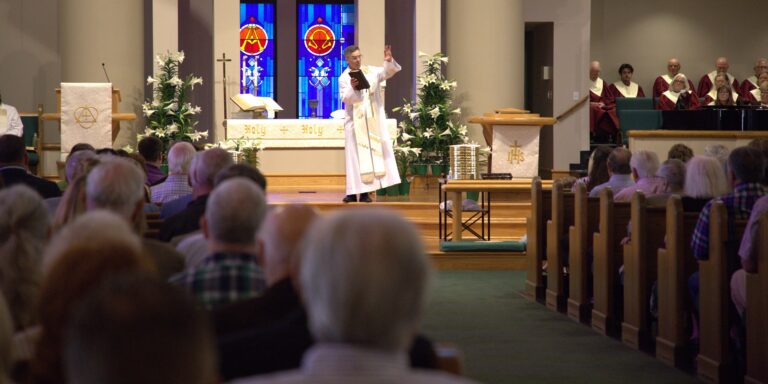Find resources on forgiveness, holiness, temptation, and more.
Resources
Sermons


Lakewood Library
Check out a book from the Lakewood Library, located down the hall from the kitchen near Asbury Hall. Find resources online anytime.
Prayer
Our prayer team faithfully lifts up our church and community every week. Share your prayer requests with us—we’d love to pray for you.
Next Steps
Baptism
We are excited to walk alongside you in this sacred step of faith! Baptism is an outward sign of God’s grace and your commitment to follow Jesus.


Membership
Interested in joining our church? Join us at Lakewood NEXT, a two-hour class where you’ll explore what it means to be a member of Lakewood and the Methodist church.
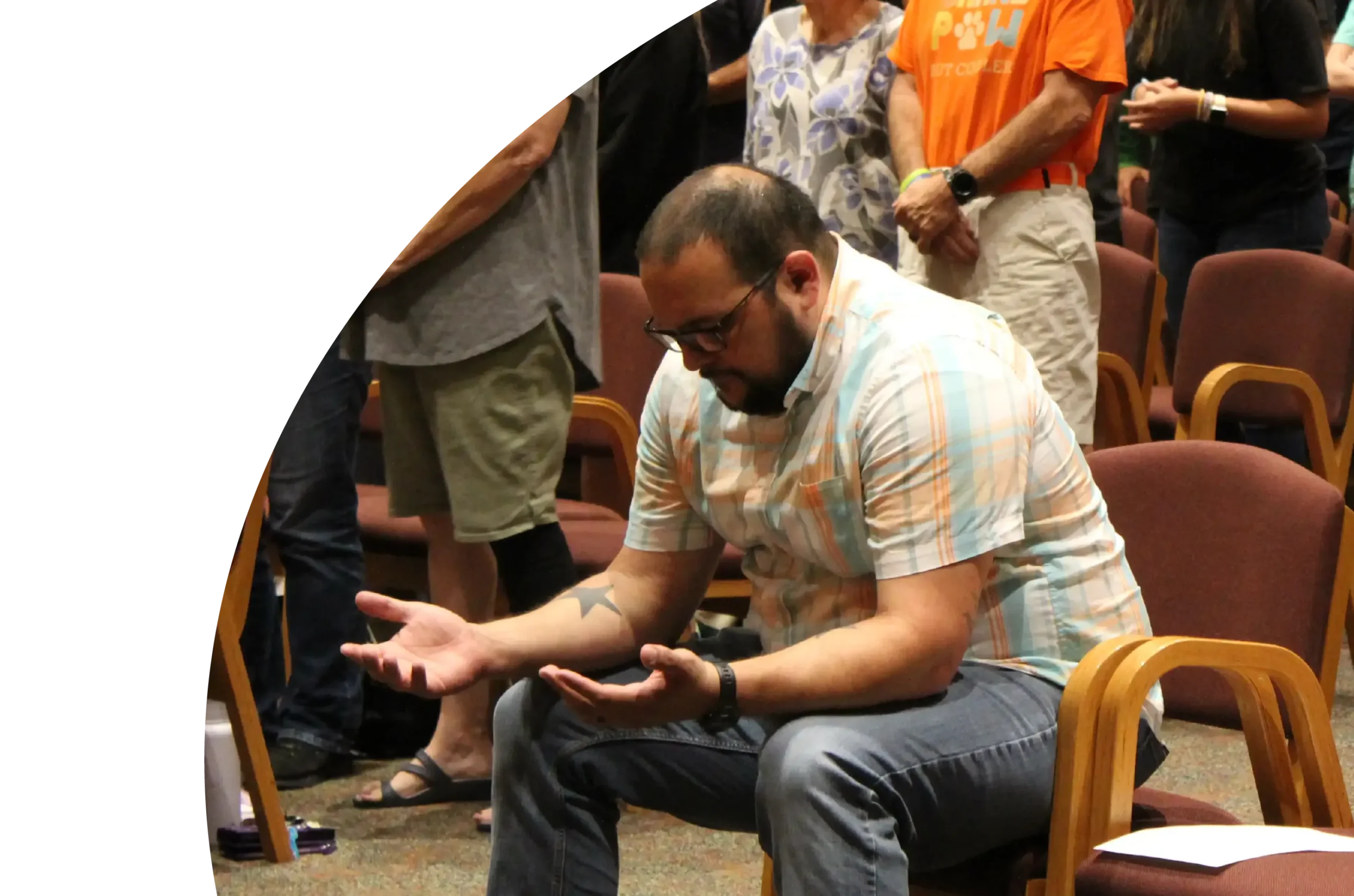
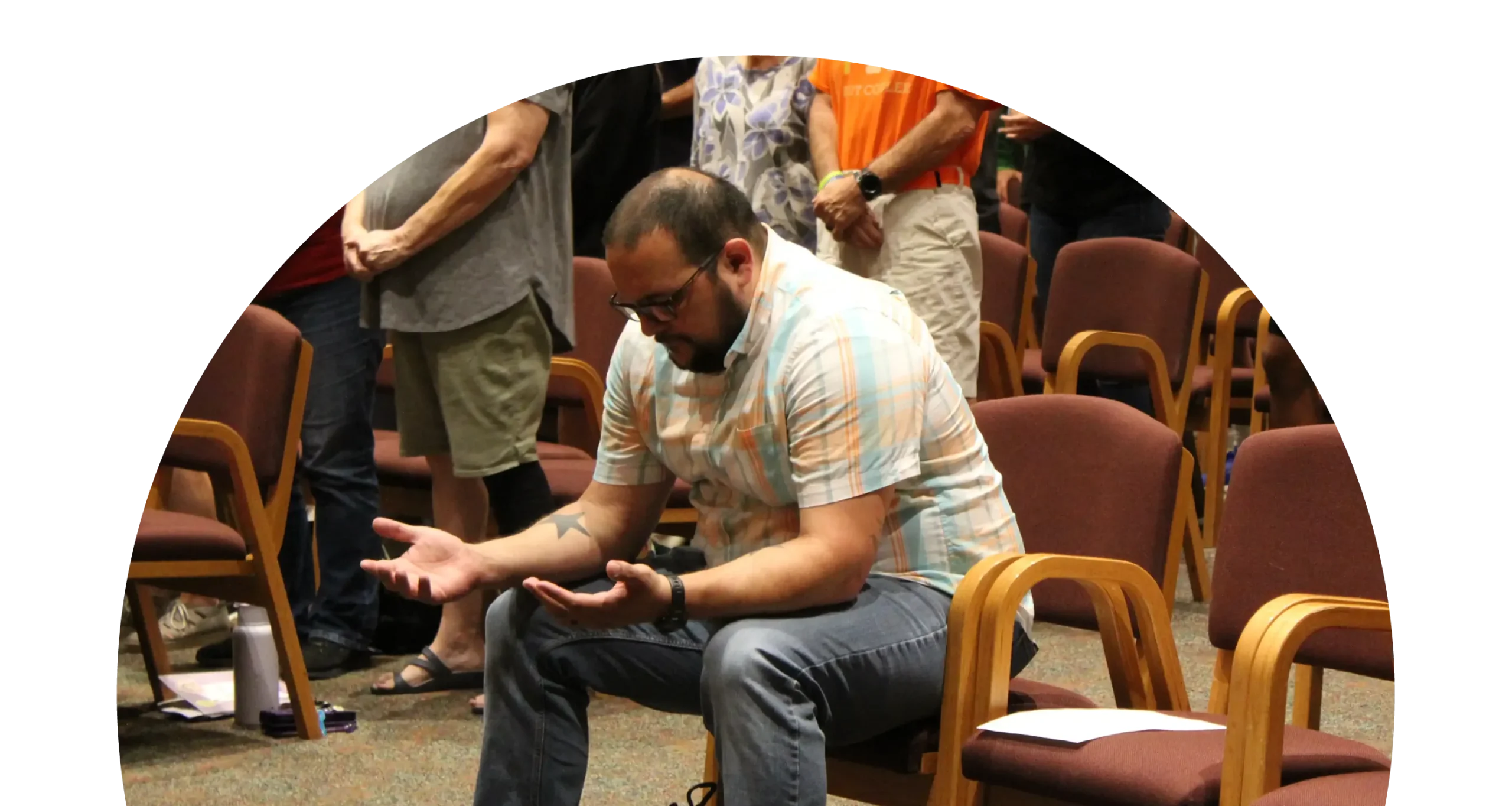
Life-Giving Moments
Real stories of God’s love in our community.
Weddings
Congratulations on your special day! Just a few simple steps to get started:
- Read the wedding information book.
- Fill out the Officiant Request form.
- We will reach out to answer questions and schedule a tour.
- Meet with one of our pastors.
- Reserve your wedding date.

Funerals
In times of loss, Lakewood is here to help carry the weight and surround you with community. As an extension of God’s love for all people, we are here for you.
Please use our Funeral and Memorial Guide as a resource to assist with questions you may have. Then, fill out a Request Form to let us know how our Director of Church Life can best serve your family.

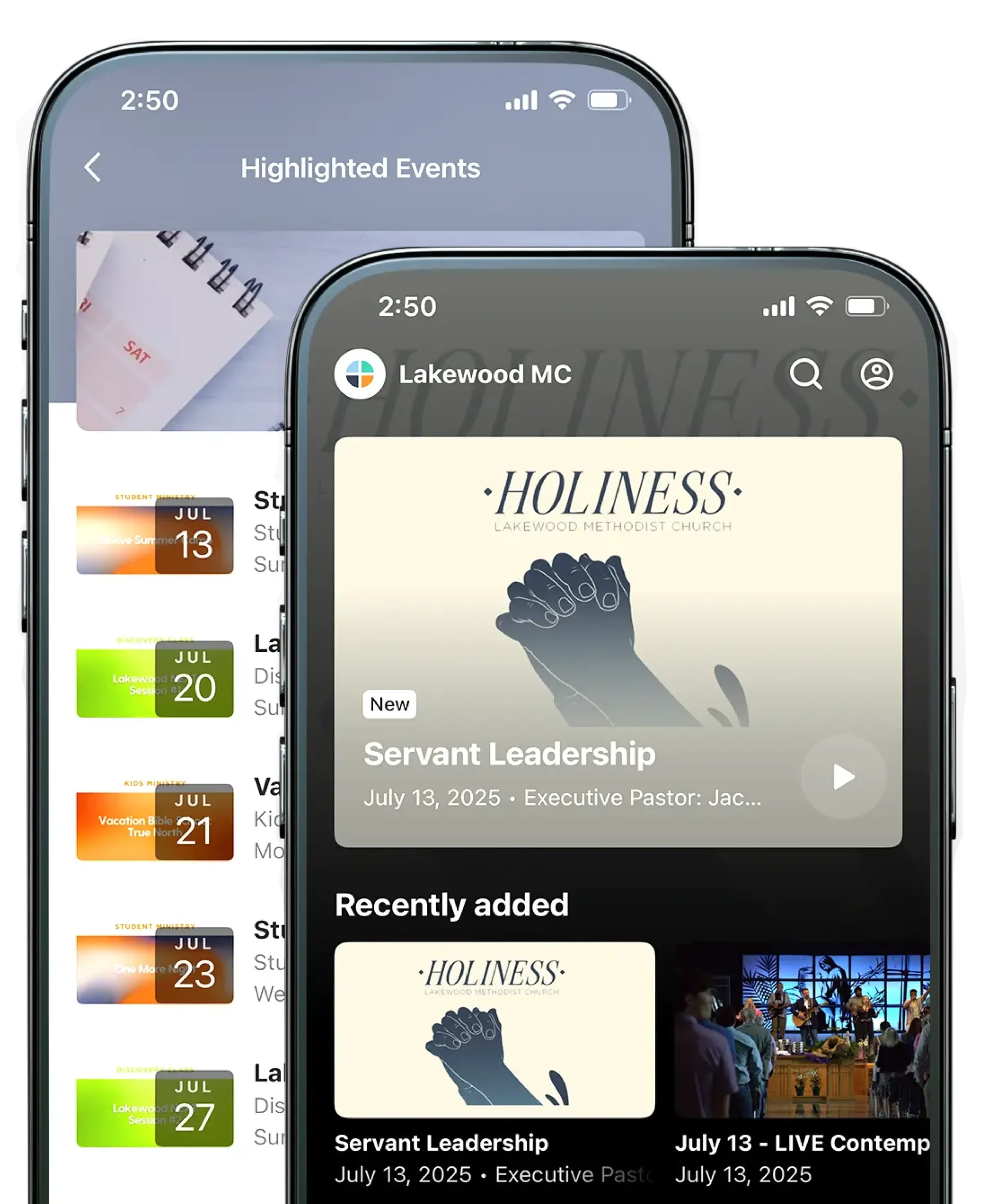
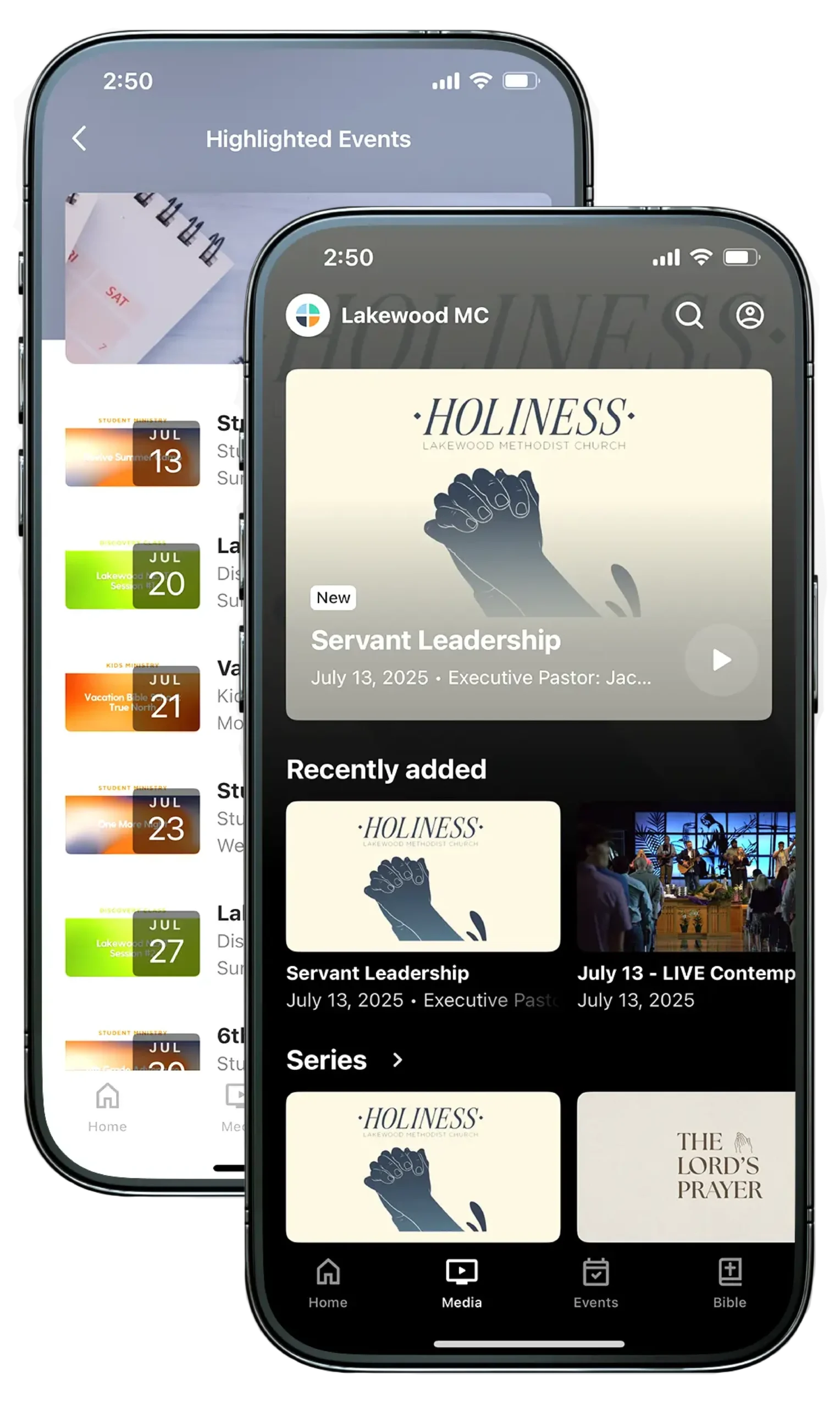
Download the App
Access sermons, giving, prayer requests, and events on your phone, tablet, or smart TV. Coming soon to the App Store!
*Download directly from the Roku Channel Store



